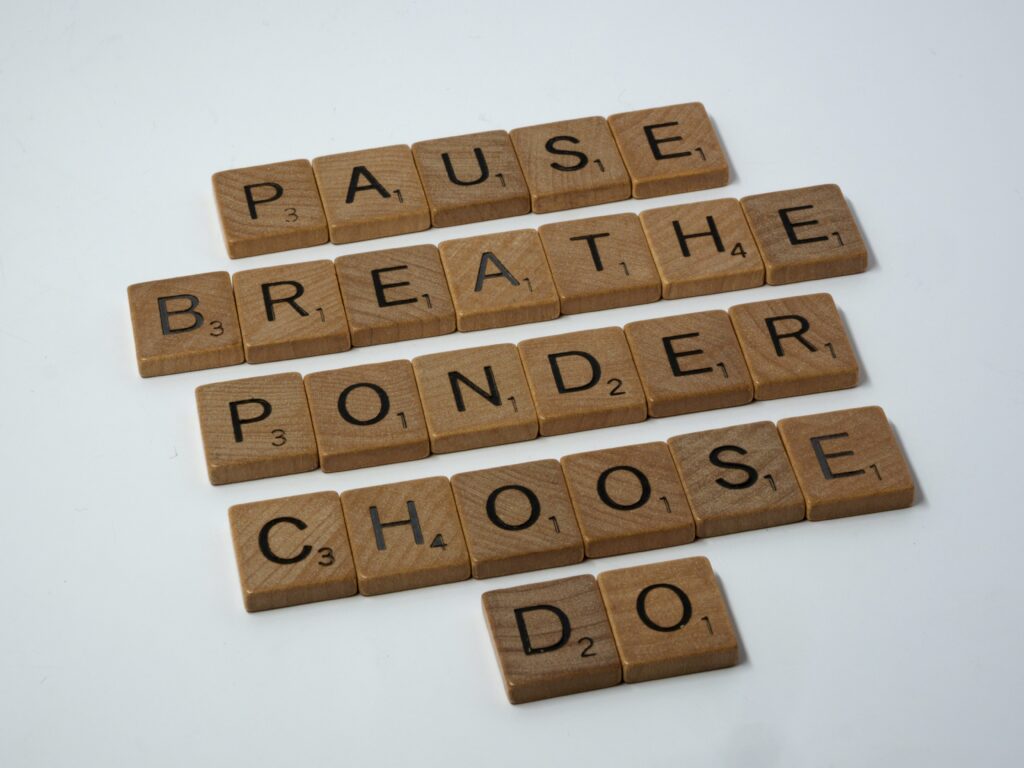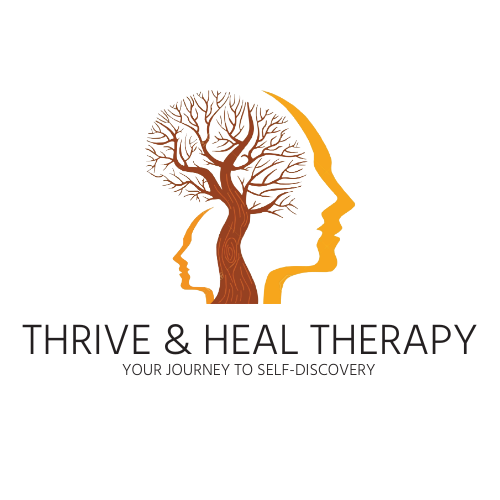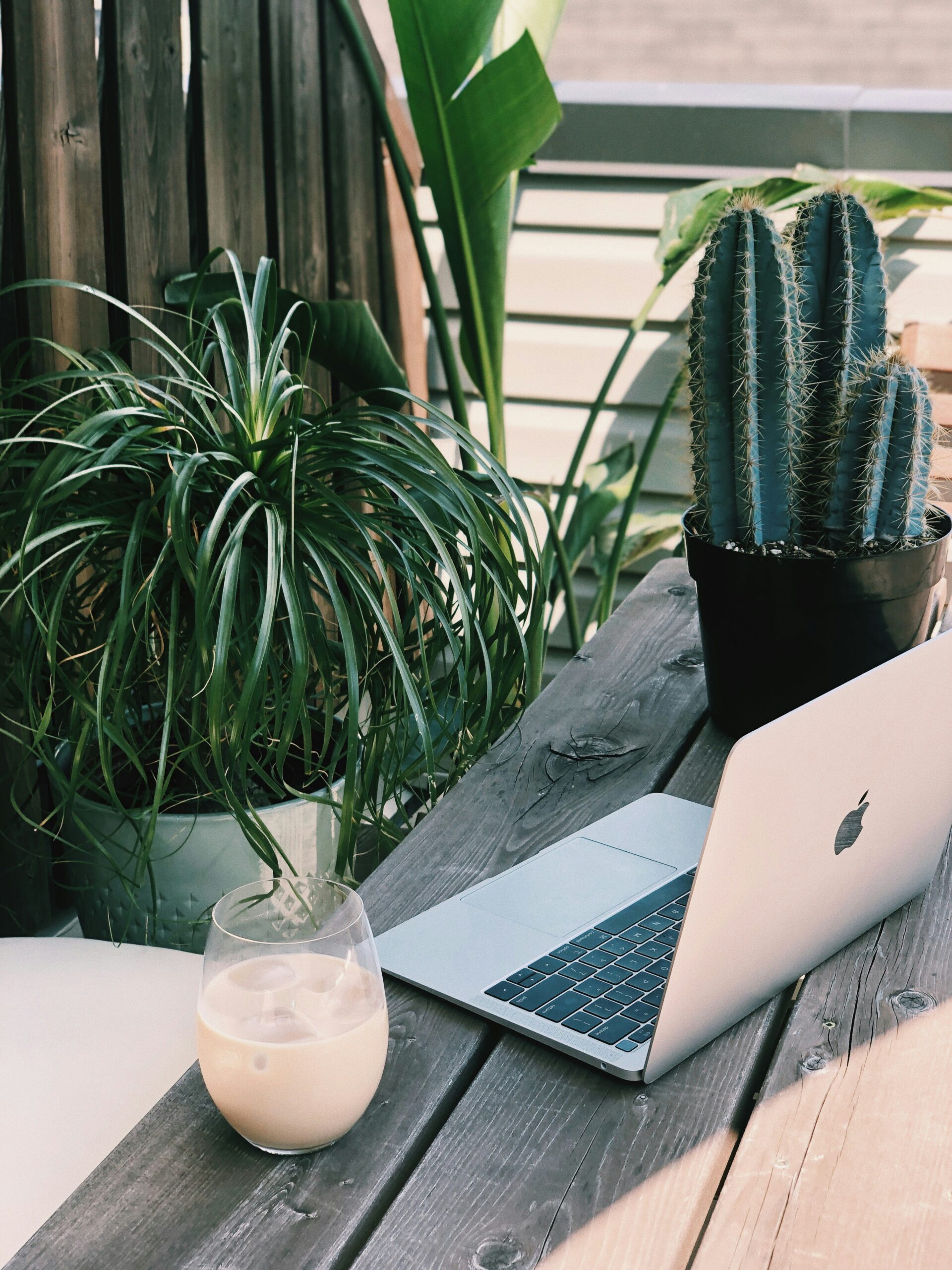Stress can manifest itself in many forms; feeling overwhelmed is one of the ways it becomes evident in individuals. According to statistics (World Health Organization) more than half of global population 51% experience stress and about 30 % individuals reported feeling overwhelmed at some point in their lives. Learning how to cope with overwhelming situations is imperative to keeping a healthy lifestyle.
Stress is a state of anxiousness and concern which occurs naturally in form of a physiological response to environment. Once the stressor is gone the tension is resolved. However, overwhelmed is defined as a feeling when an individual feels or thinks that their problems or challenges are far greater than their coping that they will not be able to cope up with a certain situation. It can lead to accumulation of negative emotions such as anxiety, irritability, low and depressed mood.

What Does it Mean to Cope?
Coping is a combination of thoughts and behaviors that a person utilizes to deal with challenges, obstacles and stress inducing situations. Stress situations can be both internal and external dilemmas.
Four types of coping:
Problem-focused: Urges one towards finding the logical solutions of a problem.
Emotion focused: Directs one to find relief from the negative emotional state caused by stress or a problem one is facing such as accepting the situation, shifting perspectives, looking at the both sides of the situation.
Social –coping: Taking help from your support system (friends, family)
Meaning-focused: Involves implementing cognitive abilities to devise a meaning to situation and making a plan of action.

Coping techniques
Identify Triggers: Identify which parts of life (family, work, friends etc) are stressful and causing you to feel overwhelmed. After identifying the general category make a weekly list of most stress inducing activities and write whys to recognize your emotional triggers. Having a general log of how you handled a situation and later on reviewing it helps in knowing which coping style are you using and if it is serving you the best.
Mindfulness: There are a number of mindfulness activities which are scientifically proven to reset the nervous system and relax human mind and body. One of these techniques is grounding. Using five basic senses of sight, smell, hearing, touch and taste to document five things you can see, scents you can smell, sounds you can hear, things you can touch and flavors you can taste. It brings all the attention of mind and body to the present and helps regain your power.
Locus of Control: Recognize which elements of life are truly under your control and start making changes there. Reframe your mindset and shift your focus on things that you can change this will bring a healthy positive impact on your mental health and make you feel in control.

Breaking Down Tasks: Being micro productive helps with overwhelming amount of stress and work. If your goals make you feel overwhelmed the trick is to divide them into sub–steps and spread it across a period of time that seems easily achievable and then continue in baby steps to achieve your big goals.
Relaxation Training: Deep breathing and Progressive muscle relaxation are scientifically proven methods to de-stress human mind and body. Deep breathing involves inhaling taking a deep breath through nose while counting 1-5 and then holding that breath for 3 seconds and then exhaling through mouth. Visual imagery with deep breathing is also effective for instance imagining all the stress and negative emotions being drawn out from your body as you exhale.
PMR is a muscle relaxation technique devised to stimulate all centers of nervous system leading to an instant sense of comfort and calmness. It involves deliberately tensing all major muscles of body and then relaxing them to release all the built up tension which leaves mind and body feeling calm.
Journaling: writing down your thoughts and doing problem solving using effective strategies such as cost-benefit analysis help in making decisions and emotional regulation.
SMART-GOALS: Make SMART (Specific, measurable, achievable, realistic and time specific.) goals, make sure you are not overwhelmed, overstressed and overworked due to lack of realism.
Another important tip is to realize what works for you, observe your emotions and mental state and how helping a coping strategy is. Do not hesitate to change and find new diverse ways of coping which compliment your personality and lifestyle. And lastly, if needed reach out to an expert counselor or a therapist to provide you with detailed and individualized help you require.
References
Algorani EB, Gupta V. Coping Mechanisms. [Updated 2023 Apr 24]. In: StatPearls [Internet]. Treasure Island (FL): StatPearls Publishing; 2023 Jan-. Available from: https://www.ncbi.nlm.nih.gov/books/NBK559031/
Toussaint, L., Nguyen, Q. A., Roettger, C., Dixon, K., Offenbächer, M., Kohls, N., Hirsch, J., & Sirois, F. (2021). Effectiveness of Progressive Muscle Relaxation, Deep Breathing, and Guided Imagery in Promoting Psychological and Physiological States of Relaxation. Evidence-based complementary and alternative medicine : eCAM, 2021, 5924040. https://doi.org/10.1155/2021/5924040
Can, Y. S., Iles-Smith, H., Chalabianloo, N., Ekiz, D., Fernández-Álvarez, J., Repetto, C., Riva, G., & Ersoy, C. (2020). How to Relax in Stressful Situations: A Smart Stress Reduction System. Healthcare (Basel, Switzerland), 8(2), 100. https://doi.org/10.3390/healthcare8020100






